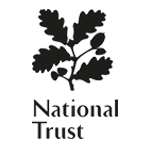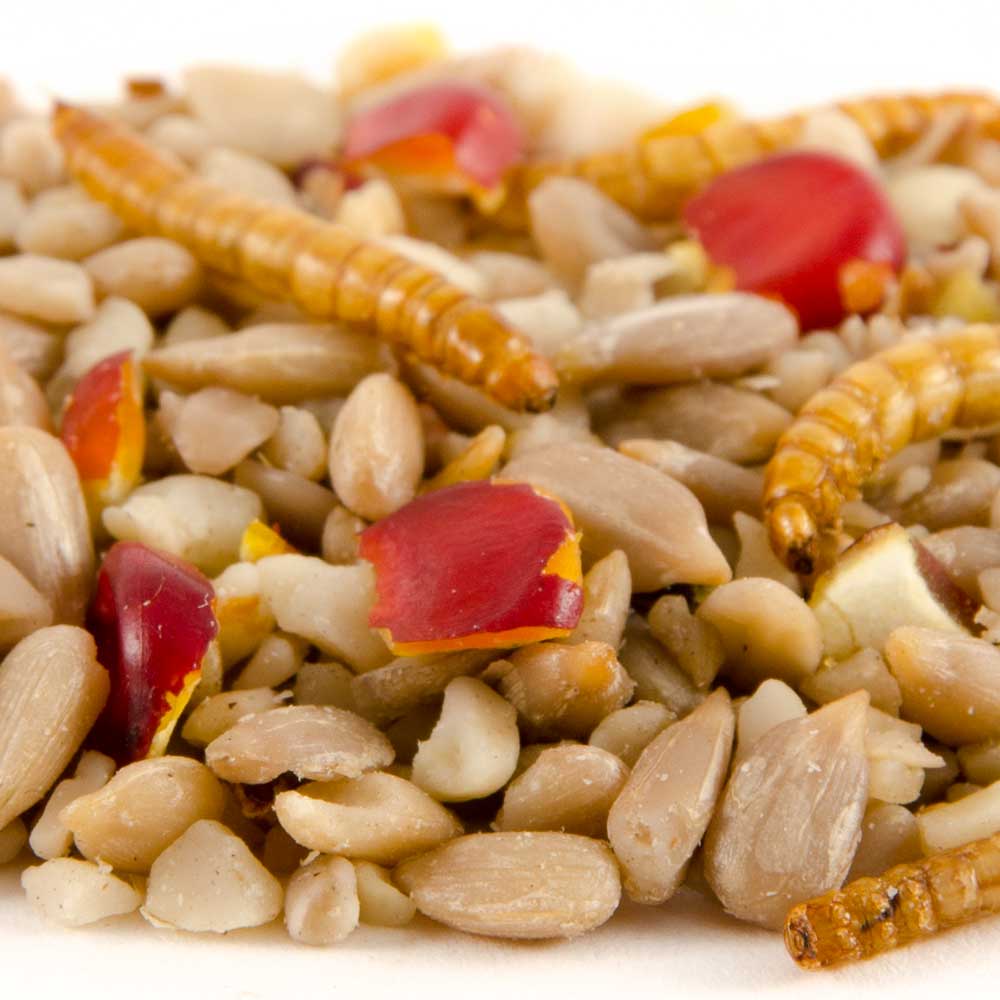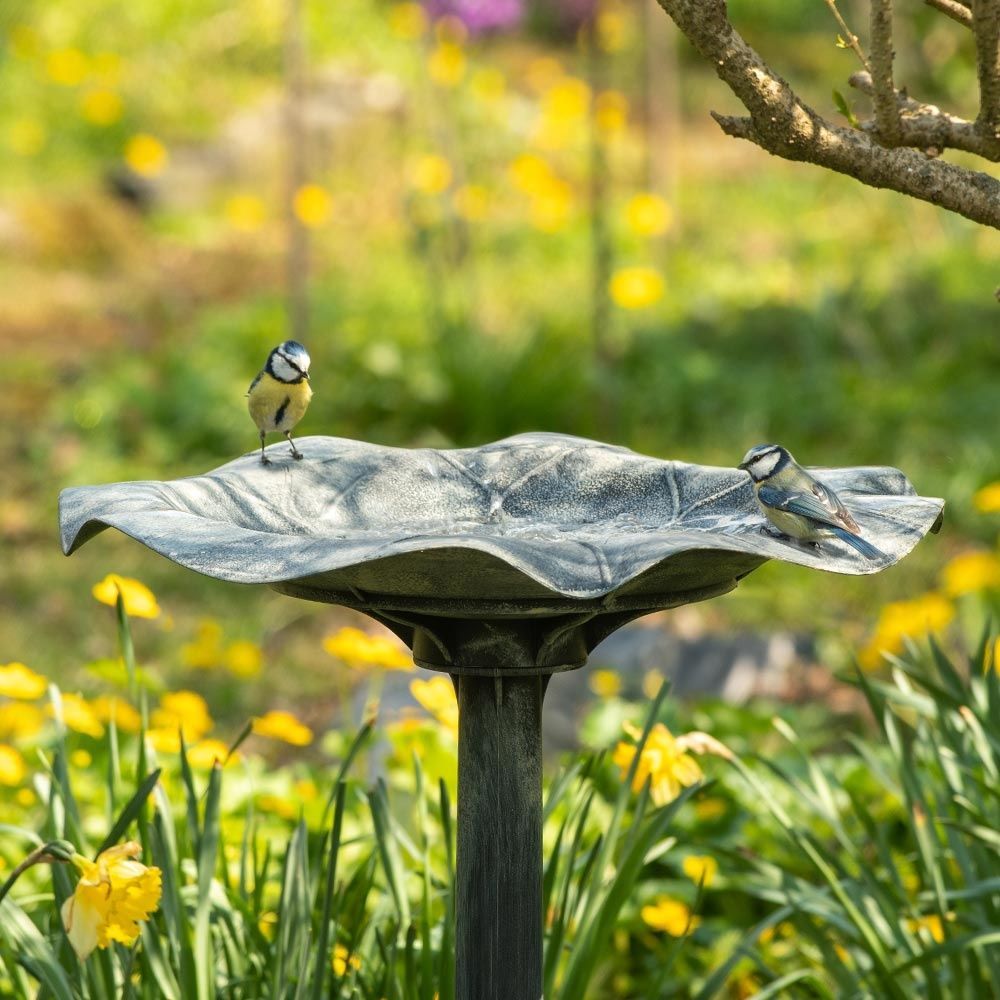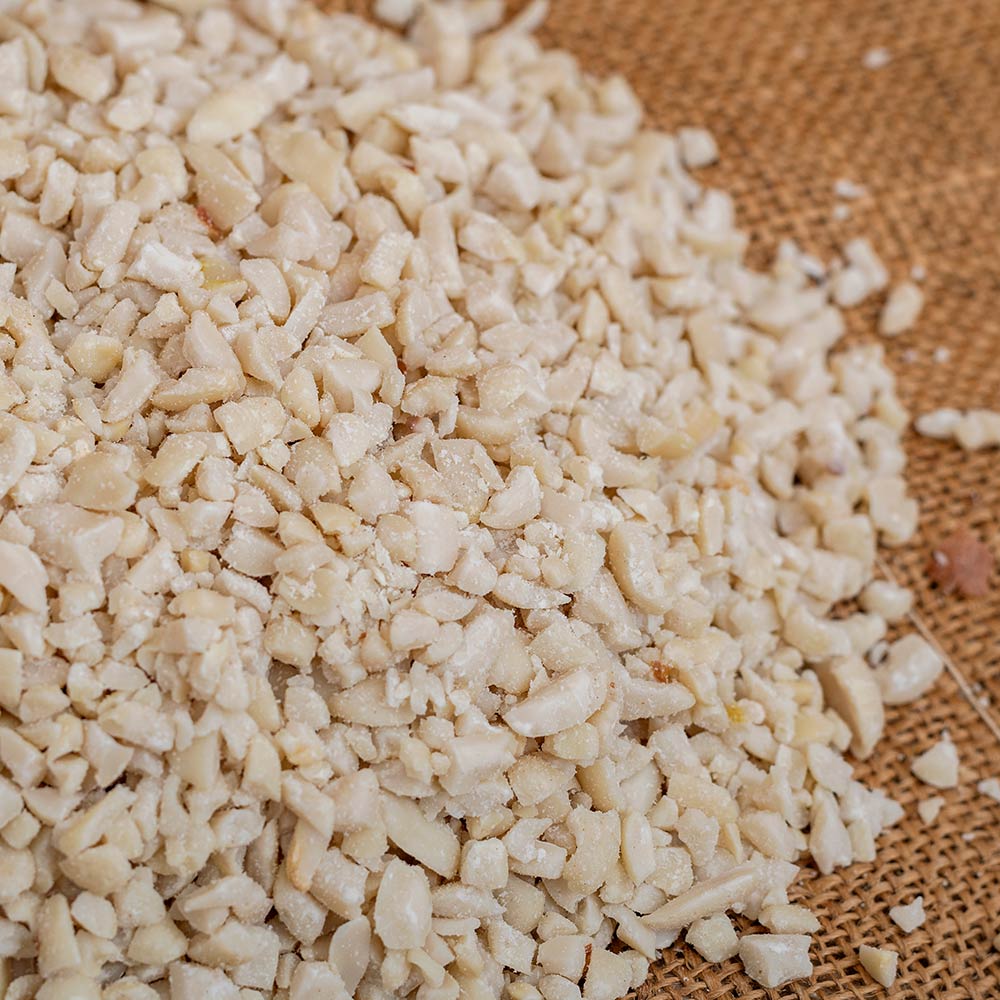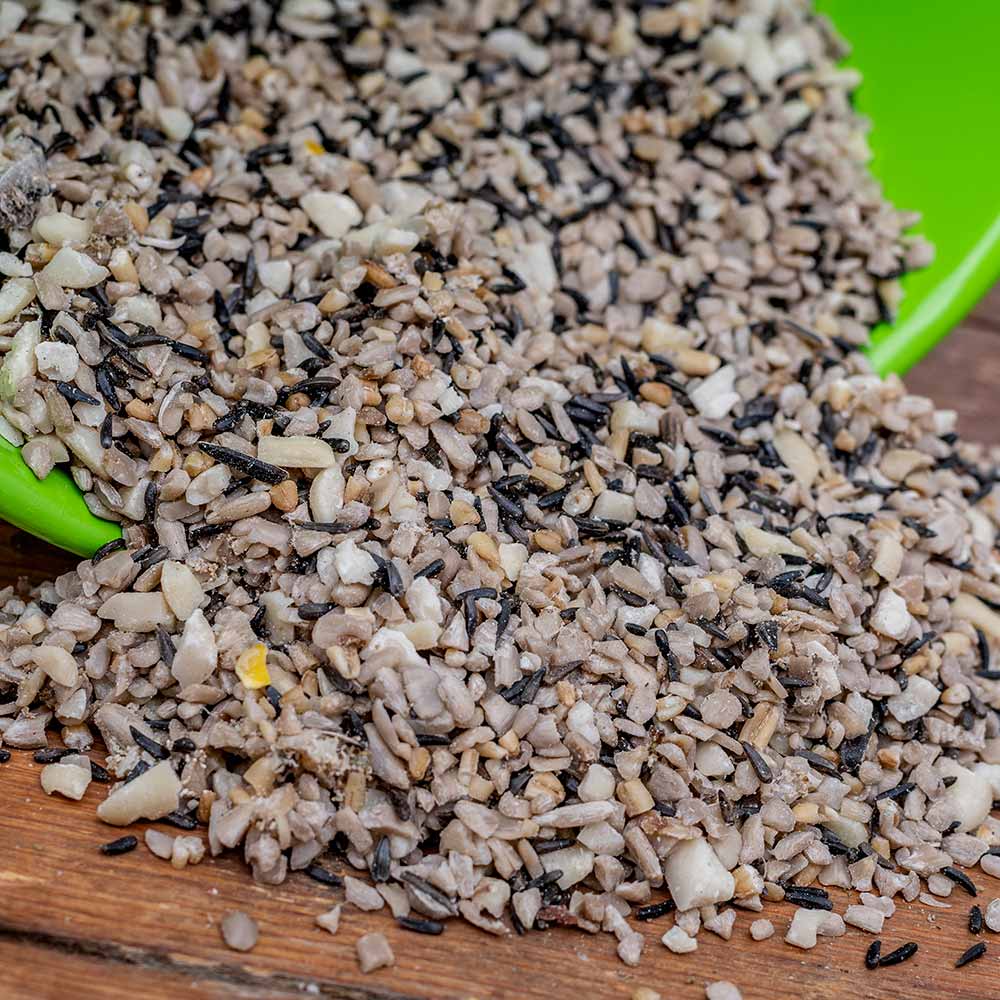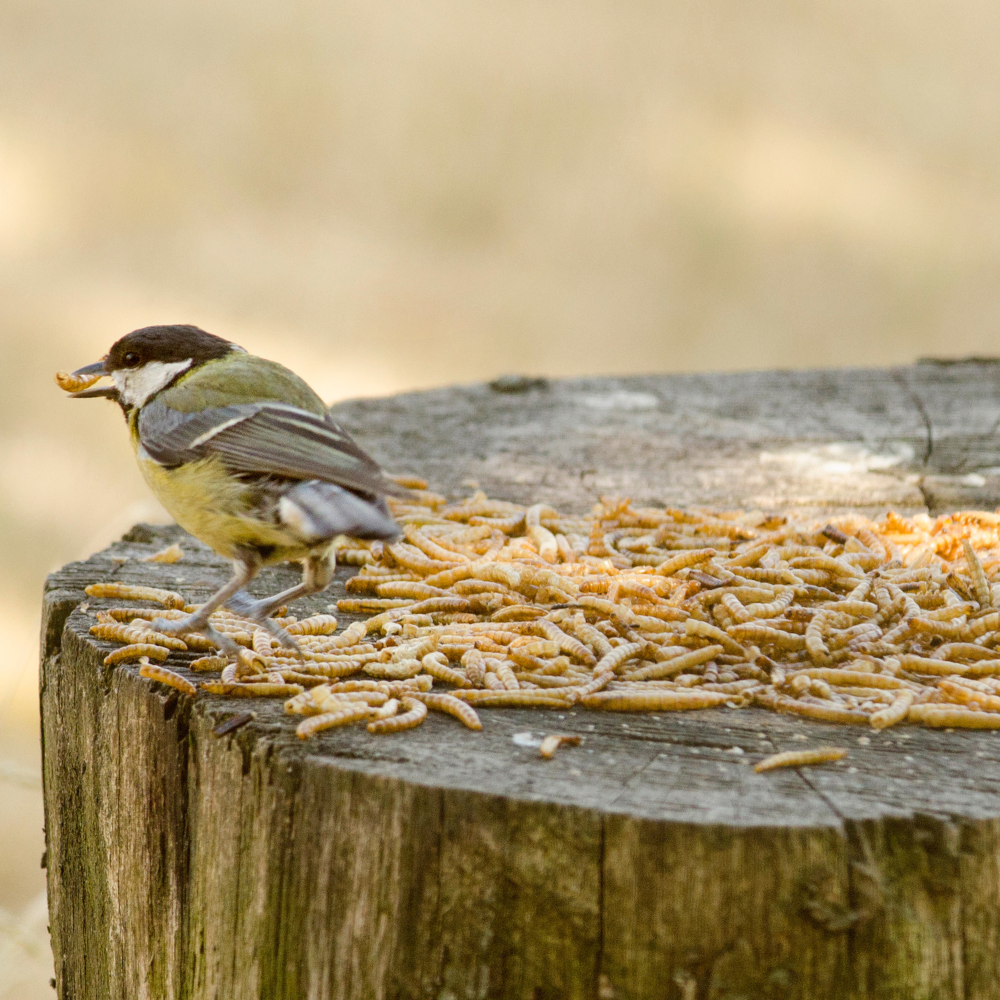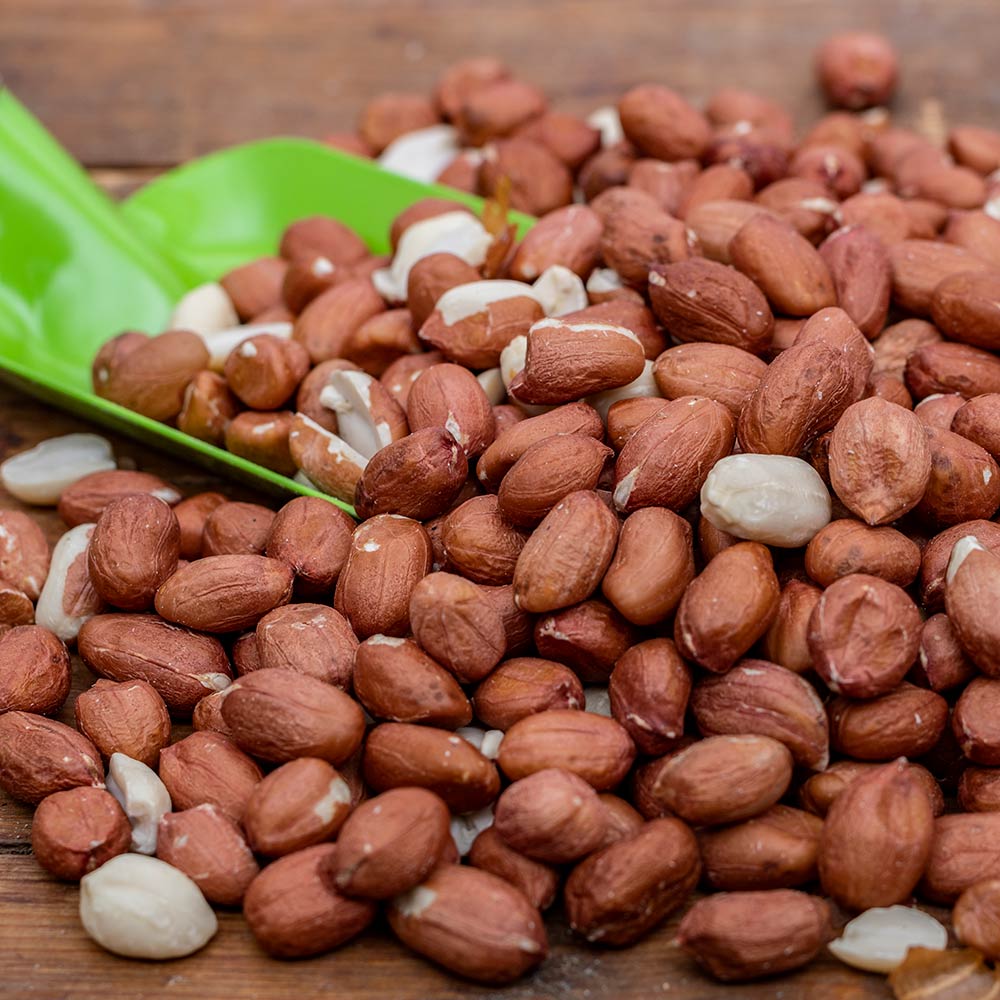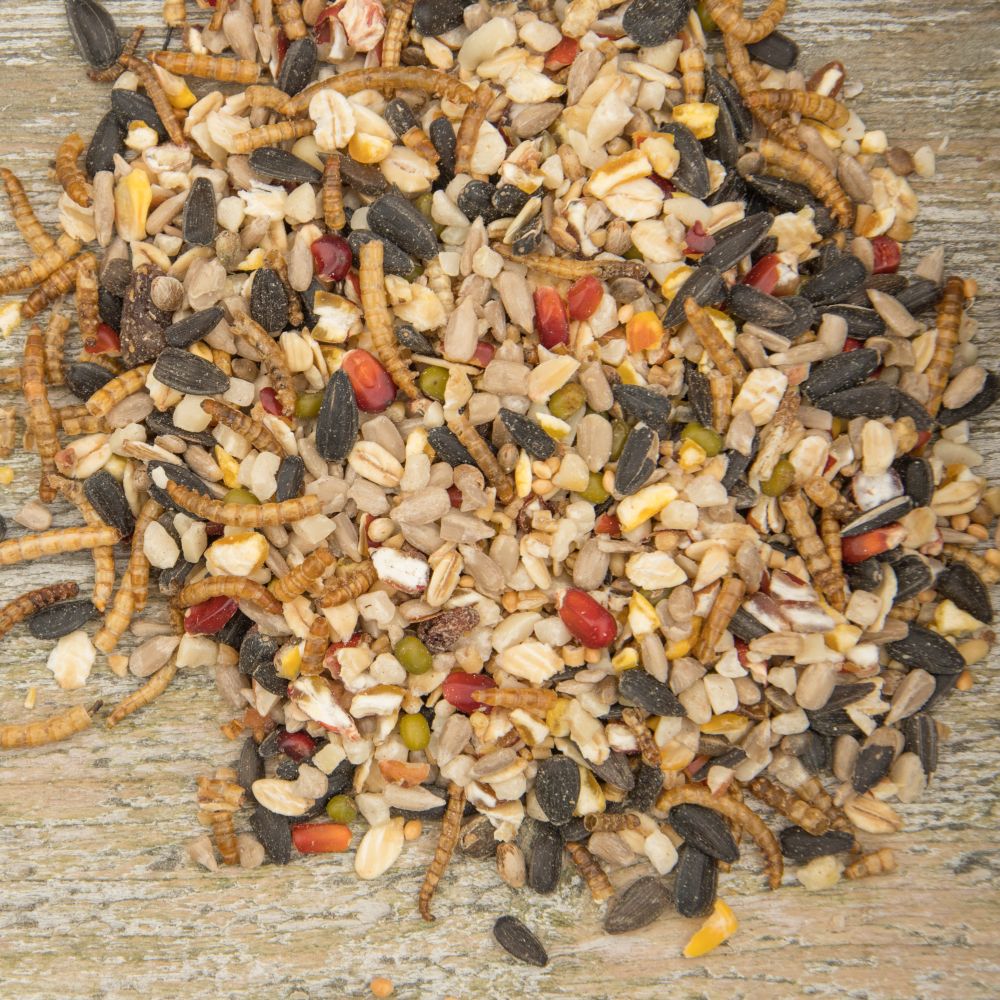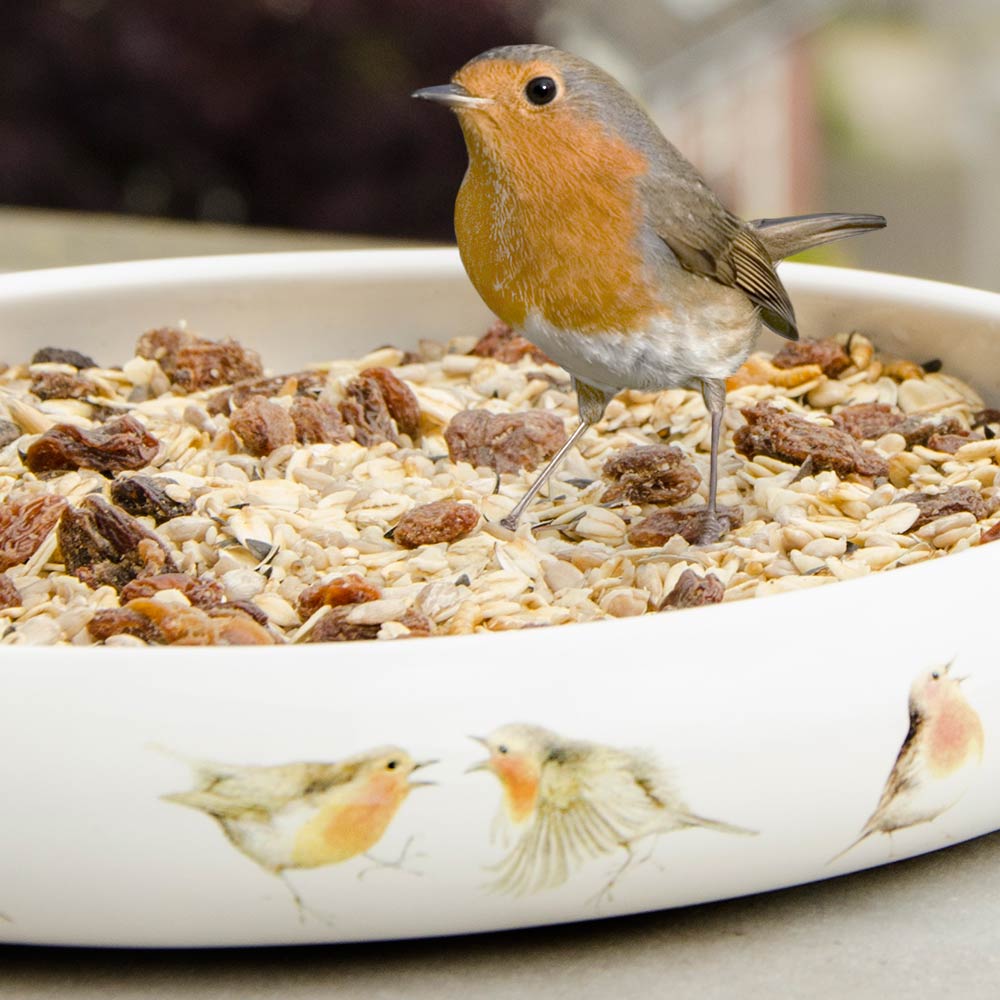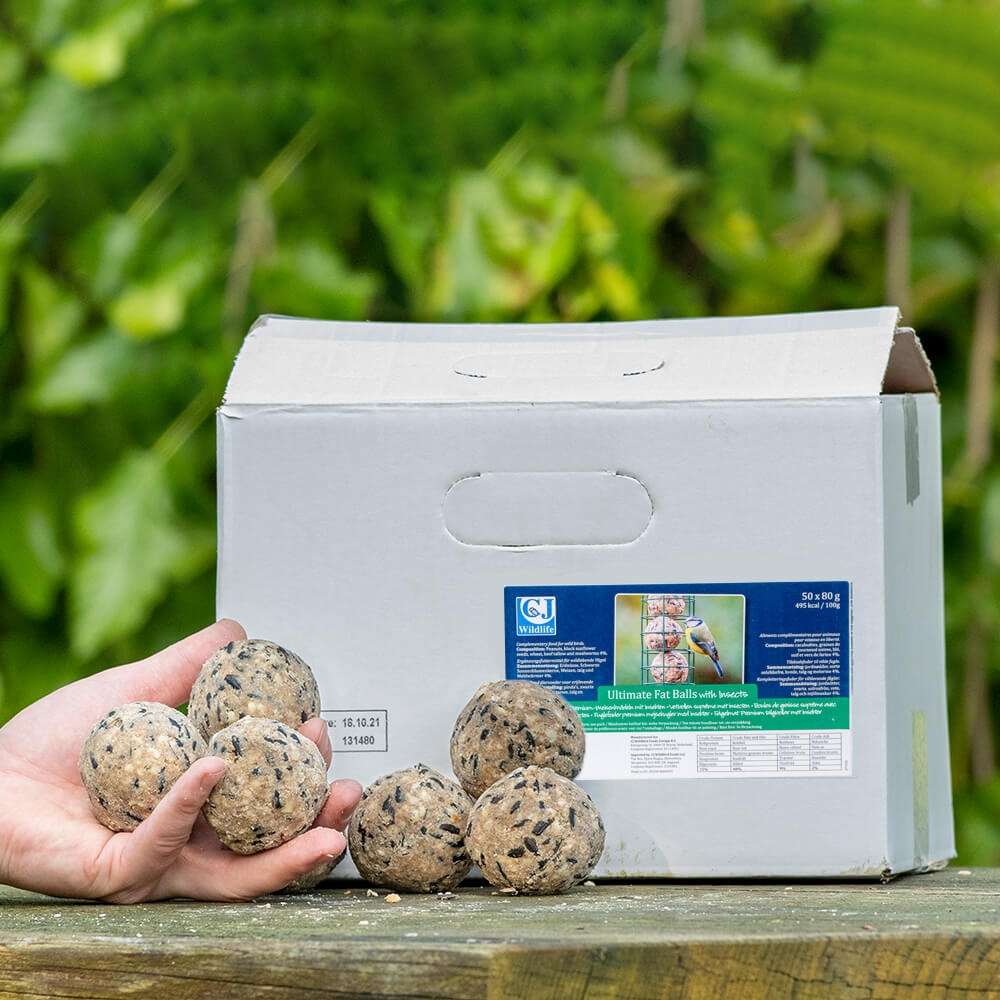Offering bird food to garden birds throughout the year is beneficial, helping to support declining species.
Not long ago, many believed that garden birds should only be fed during the winter months; however, long-term studies have shown that offering food to garden birds year-round is beneficial, supporting declining species and allowing you to learn more about your garden visitors.
Feeding wild birds during the summer helps busy parents top up feeders and provide all the natural food their young need. Well-stocked bird feeders can be a lifeline for young birds as they learn how and where to find food locally.
Bird populations are at their highest in the summer, so a regular supply of quality food helps birds get the energy they need amid increased competition for natural foods.
Seed mixes are a staple for a variety of garden birds
July is a particularly busy month for garden birds (and bird enthusiasts), as newly fledged youngsters queue up at the feeders.
While the breeding season is over for some species, others may be on their second or even third broods. In early summer, flocks of juvenile Starlings, Blue Tits, and Great Tits create a continuous chorus of calls, while scruffy looking young finches and sparrows suddenly appear on feeders and bird tables.
Most young birds have a lightweight plumage that is duller and softer than that of the adults – it doesn’t have to be very durable as it will have been replaced with adult feathers before winter arrives. Some juvenile birds can look quite different from the more familiar adults, such as young Robins, with their speckled brown plumage, and Goldfinch fledglings with their comparatively subdued color.
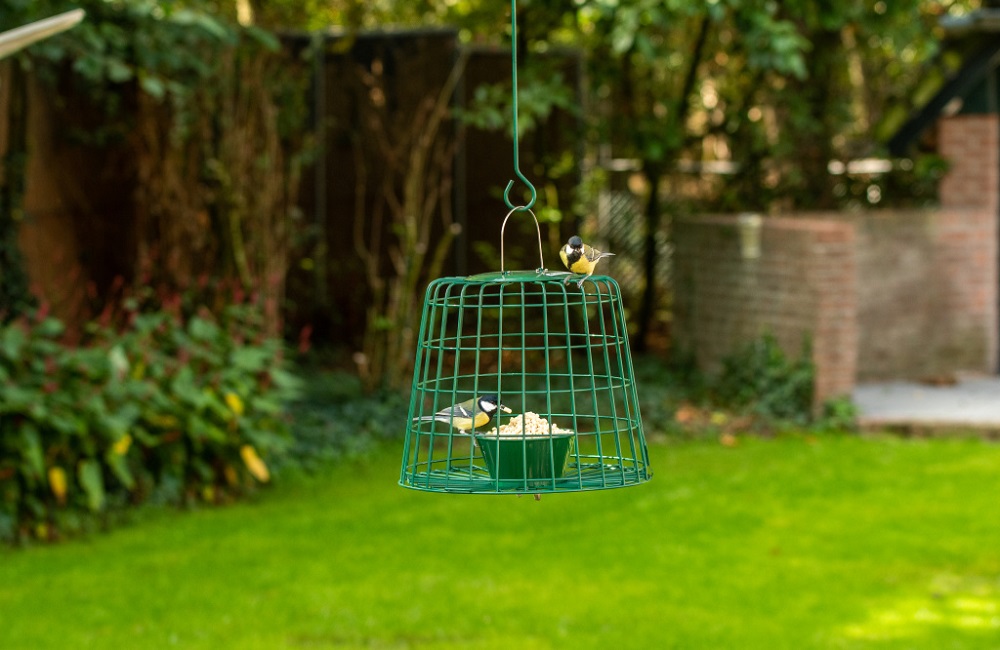

Guardian Bird Feeders are particularly popular during the summer months
What should I feed garden birds in summer?
We have developed several nutritious bird foods that are perfect for summer feeding. As a rule, when it comes to planning the menu for your garden, the more varieties of foods you offer in feeders, the more species you are likely to attract. However, some summer staples are guaranteed to be a hit with many garden birds.
When choosing bird food, the benefit of offering quality products is that every mouthful counts. Some competitors use low-grade wheat or dog biscuits to bulk up their food, but it’s crucial to check the ingredients and calorie content of bird food. Higher-calorie options indicate the inclusion of more oil-rich seeds or nuts, which provide essential nutrients for birds.
-
Sunflower SeedsSunflower seeds are a firm favourite! Whole black sunflower seeds are a great basic food source, while sunflower hearts (sunflower seeds with the husk removed) have a higher energy content and will help to attract a wider range of bird species.
-
Bird Seed MixesSeed mixes are a staple for a variety of garden birds. Our Hi-Energy No Mess seed mix is very popular, formulated so that all the ingredients will be eaten and enjoyed, which leaves less mess for you to clean up and provides a better meal for your feathered friends.
-
Mealworms for BirdsDried mealworms help supplement natural food supplies for wild birds, especially in prolonged hot weather. Birds such as Robins, Blackbirds, Song Thrushes, and Grey Wagtails will appreciate this protein-rich food source on your feeders!
-
Peanut & Suet CakesPeanut and suet cakes are also high in protein and will be popular in summer.
-
Peanut Butter for BirdsA blend of Peanut Butter especially for your Garden Birds that is super high in calories and which be welcomed with enthusiasm by the wild birds in your garden.
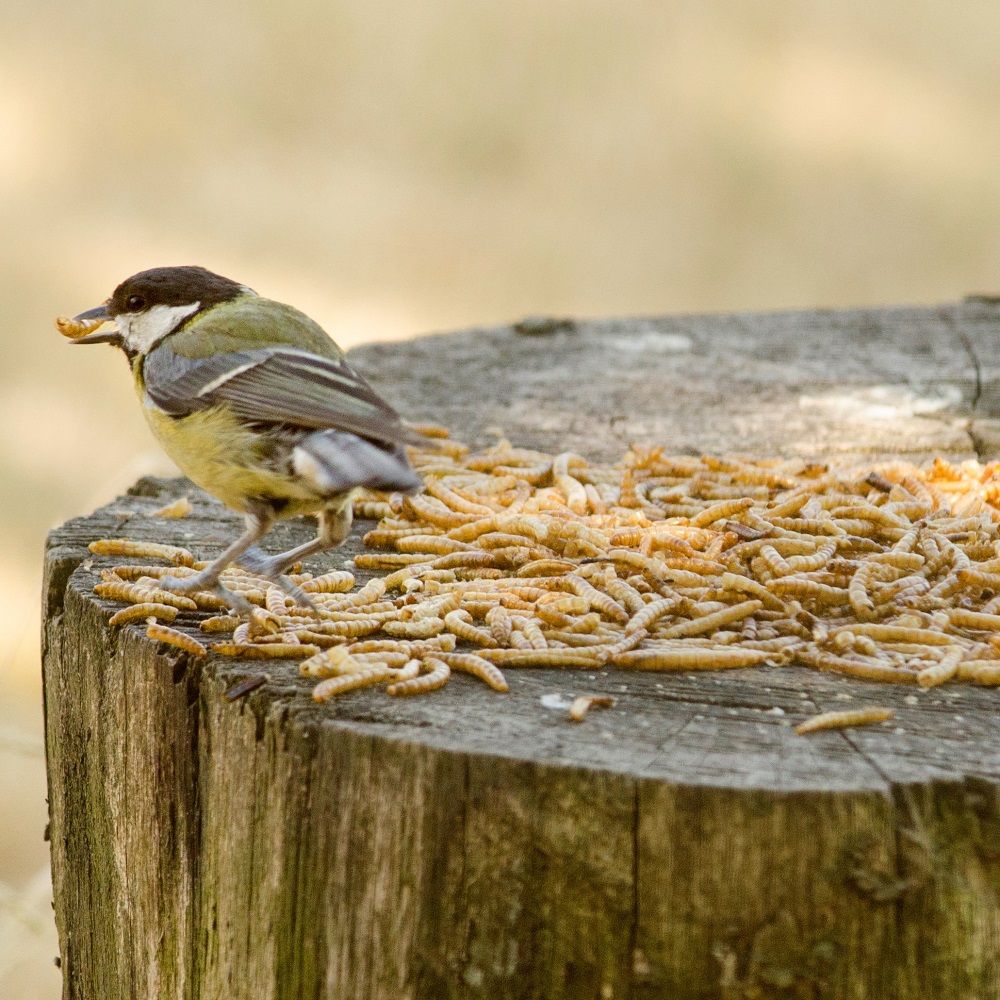

Dried mealworms help to supplement natural food supplies
Water dishes for wildlife
During the summer, in particularly hot spells, natural water sources may dry up. You can help your garden visitors by putting out water dishes. Larger birds tend to take over bird baths and water dishes, so we’d recommend putting out at least two or more dishes to allow small birds to hydrate and preen their plumage.
They also need water to keep their plumage in perfect condition, which keeps them insulated in cold weather.
You can attract a variety of wildlife to your garden by providing a source of water.
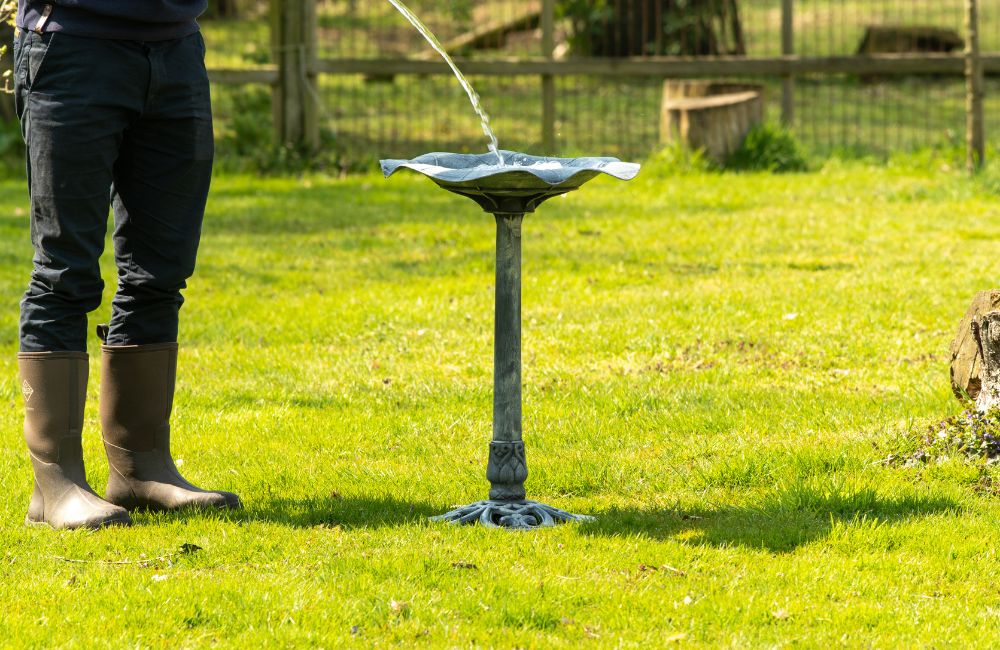

Don’t forget to top up your water dishes every day

